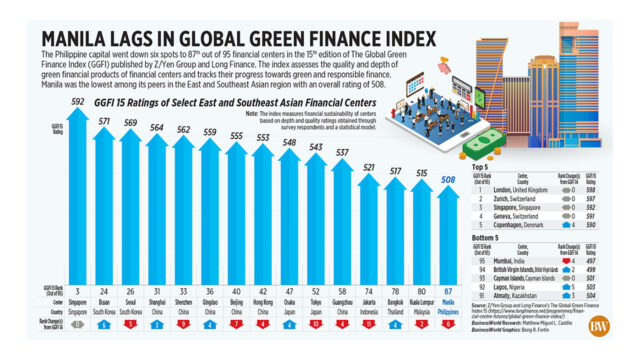Leading with humility: Pope Francis’ lasting impact
I mourn the loss of His Holiness, Pope Francis, who was the Pope for most of my adult life and, therefore, the Pope to whom I feel the closest connection to. I believe he was the right Pope for modern times and accomplished a great deal in making the church more approachable and accepting.
As a CFO, I spend my days analyzing numbers, forecasting trends, and ensuring fiscal responsibility. However, sometimes the most valuable lessons come not from spreadsheets but from observing the world. In recent years, one figure has offered profound insights: Pope Francis. His approach, rooted in faith, provides relevant lessons for any leader.
First and foremost is Pope Francis’ emphasis on prioritizing people. He consistently highlights the dignity of every individual, particularly the marginalized. This means recognizing that our employees, customers, and communities are not just numbers. Investing in their well-being, fostering ethical practices, and creating a culture of inclusion are not only moral imperatives; they are also sound long-term strategies. It also involves having the empathy to put ourselves in the shoes of our various stakeholders, learning from them and seeing the impact of our decisions across the value chain. A healthy, engaged workforce and loyal customer base are invaluable assets. Like a financial balance sheet, we must maintain a “human balance sheet” to ensure overall health.
The Pope also emphasized that dialogue and collaboration are crucial for building consensus and finding common ground. In finance, this means fostering a culture of teamwork, actively listening to diverse perspectives, and building strong relationships with stakeholders. A collaborative approach can unlock creative solutions and mitigate risks. This relates to his emphasis on prioritizing people, as diverse viewpoints often result in better decision-making.
I have always been struck by Pope Francis’ humility, which genuinely illustrates the essence of being a servant leader. The Pope’s emphasis on simplicity and transparency resonates deeply. He forgoes extravagance and advocates for responsible stewardship of resources. In finance, this translates to eliminating unnecessary costs and fostering a culture of open communication. Transparent financial reporting builds trust among stakeholders, just as a humble lifestyle fosters trust among followers.
Pope Francis was willing to adapt to changing circumstances, engage with modern issues, and embrace new technologies. He was not fixed on doing things the way they had always been done, but he remained open-minded about what changes needed to be made. That acceptance brought many more into the church. In the financial world, this means staying ahead of the curve, investing in innovation, and being agile in our decision-making. We must discern the changing landscape and adapt accordingly.
Pope Francis’ advocacy for environmental sustainability underscores the importance of long-term thinking. In finance, this means considering the impact of our decisions on future generations. Sustainable business practices benefit the planet and enhance long-term value creation. We need a thoughtfully developed long-term plan for the company anchored on our responsibility to society.
I learned many lessons from Pope Francis that apply to business. By prioritizing people, embracing simplicity, practicing empathy, and focusing on long-term sustainability, we can build a just, equitable, and prosperous future for all. Moreover, Pope Francis demonstrated that one person acting authentically and altruistically can make an impact by influencing others to follow his example. Thank you, Pope Francis, for being yourself and for inspiring so many of us to become better people.
The views expressed herein are his own and do not necessarily reflect the opinion of his office as well as FINEX.
EJ Qua Hiansen is the CFO of PHINMA Corp. and president of the Financial Executives Institute of the Philippines.






















